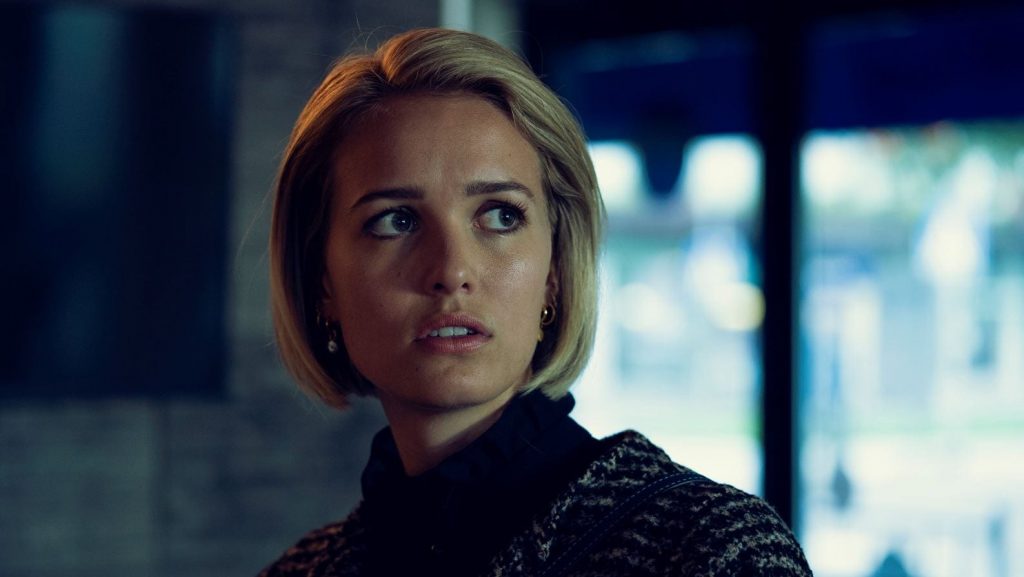Netflix’s coming-of-age reimagining of Norse mythology, Ragnarok, showed promise in its first season, though it wasn’t necessarily perfect. The second season plays more into its mythological roots and advances the story in meaningful ways while trimming off the fat in other places.
Magne (David Stakson) recovers from a fight with Vidar (Gísli Örn Garðarsson). He soons finds other gods, which include his own brother, Laurits (Jonas Strand Gravli) who is the reincarnation of Loki. With his new-found allies, Magne tries to forge Thor’s hammer, Mjolnir, while Laurits, who discovers that Vidar is his father, spends time getting to know his new family. Things come to a blows once again between Magne and Vidar, and the results change the face of Edda forever.
The best thing about Ragnarok is how it tackles Norse mythology. Even for fans who are intimately familiar with the source material, the show gives some new twists. In particular, the way the show interprets the birth of Jormundgand, the Midgard Serpent, is both gross and engrossing. While Magne is mostly the straight man to the antics of the other gods, we do see him struggle with his role as the slayer of Jotunns. The other gods, Iman (Danu Sunth), Wotan (Bjørn Sundquist) and Harry (Benjamin Helstad) are interesting as well, especially Iman, who uses her powers of persuasion for her own ends. Laurits is also delightfully clever as Loki, playing both sides and exploring his place within the mythology.
Lastly, the Jutuls are also engaging, except for Ran (Synnøve Macody Lund) who devolves into being a jealous wife. Saxa (Theresa Frostad Eggesbø) clashes with her brother, Fjor (Herman Tømmeraas) over control of the family business.

The teen romance angle still holds the show back at times, and some changes in character alignments also feel unearned. Magne’s conflict about inflicting violence is also conveniently resolved. The pacing is markedly slow, which might be a deal breaker for some viewers. Hopefully, the show will pick up pace in future seasons.
Indeed, the slow burn approach may very well be one of the bigger factors preventing Ragnarok from becoming a bigger hit.
We are two seasons in and still there’s no sign of the climactic war between gods and Jotunns. American Gods, for its many flaws, did attempt to at least portray that aspect of its narrative.
Still, if you are a fan of Norse mythology, you might like Ragnarok. It’s an interesting interpretation of Norse mythology, and hopefully we will see more mythological elements play into the story in the future.